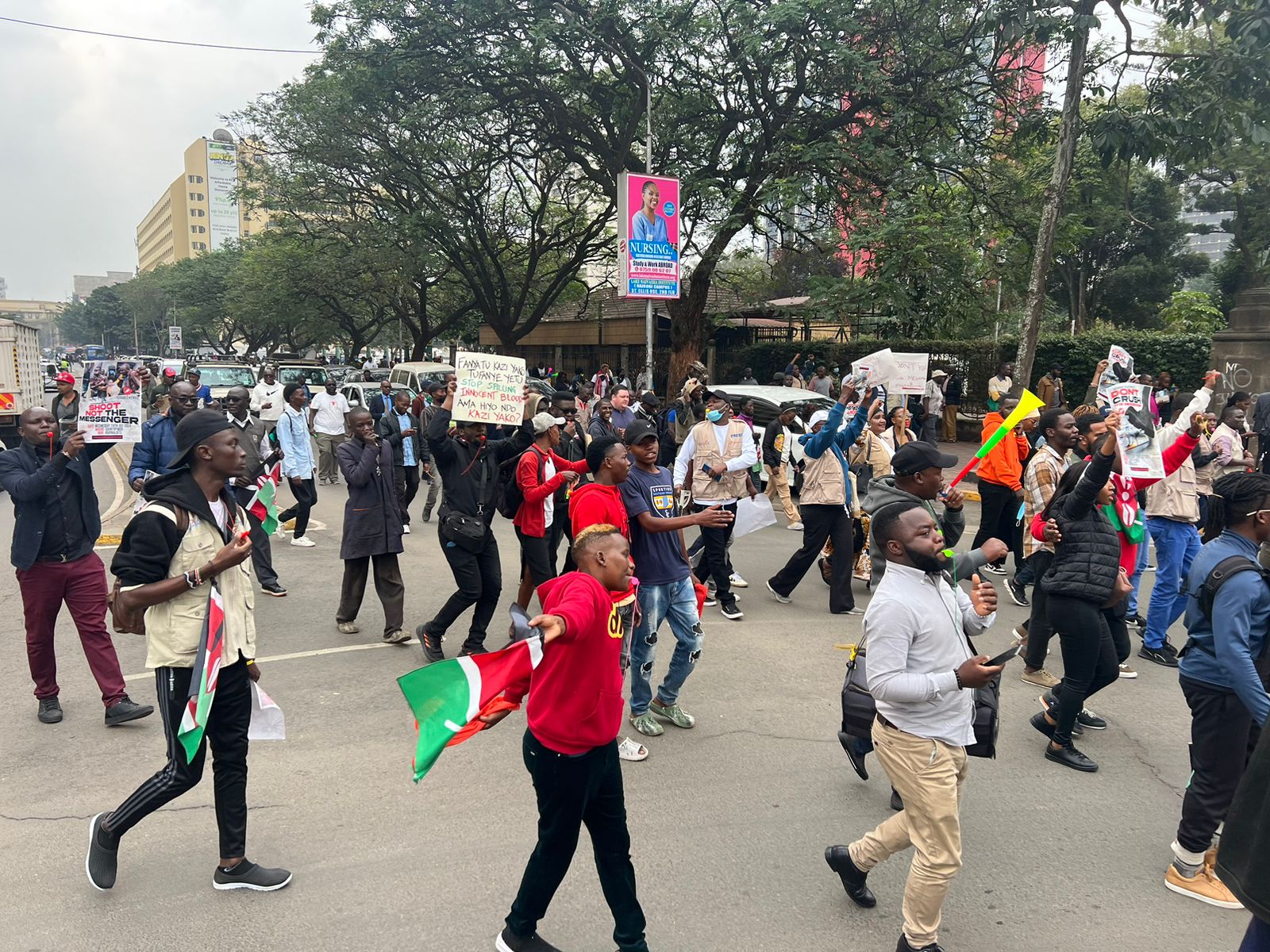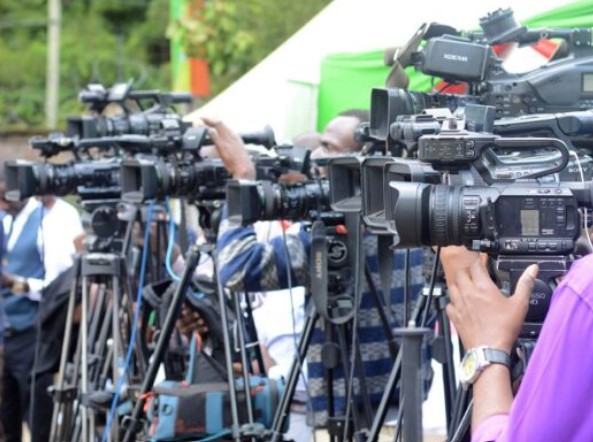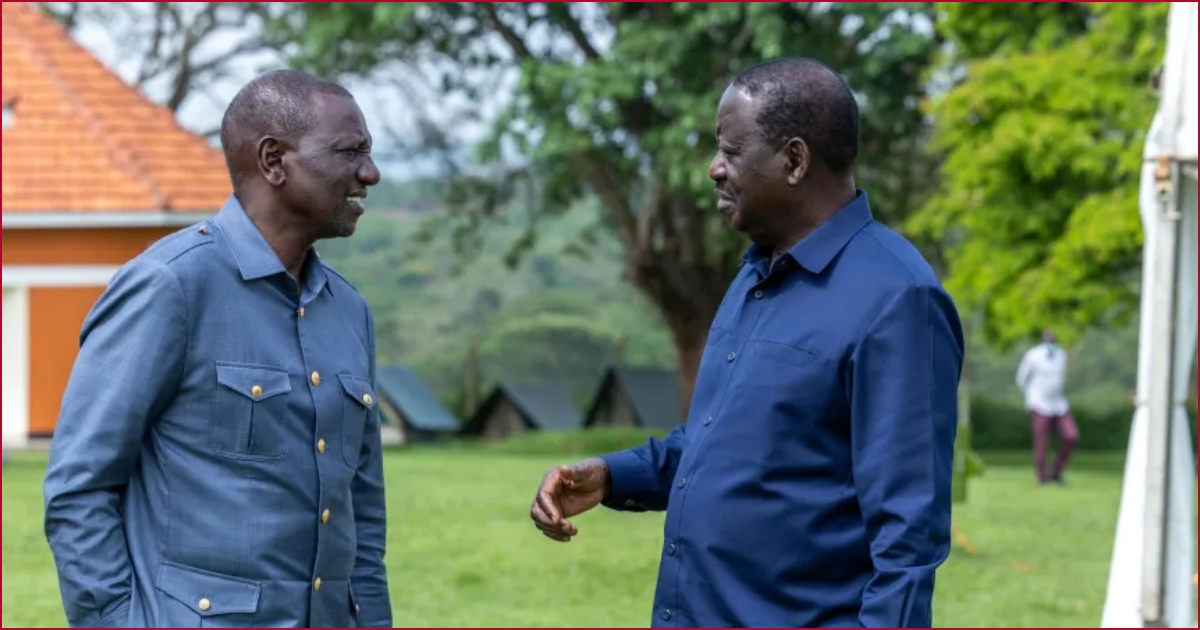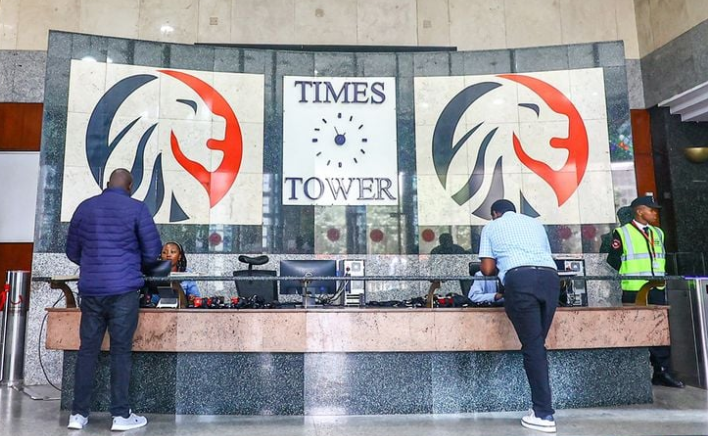By Victor Bwire
It has never been this disturbing, demanding, and overbearing for journalists in Kenya as it is today. The pressures are mounting, brought about by technological, legal, personal, economic, and professional changes. This pressure is real and increasing.
While some of the challenges are internal and largely self-inflicted, others stem from a struggling media sector, and an even larger portion reflects global trends that journalists themselves may struggle to solve.
The country published Media Policy Guidelines in 2009, which are yet to be reviewed or updated. With an outdated policy, the media industry is orphaned, lacking proper legislation, planning, and integration into the national development agenda. Kenya lacks a clearly structured media system, and efforts to harness the sector for development and democratic processes remain inadequate.
Due to the absence of open dialogue and honest information-sharing between the government, regulators, and media owners/managers, many decisions affecting the media are made in the dark, without current data or understanding of industry trends.
Read More
The Copyright Act provides for three Collective Management Organizations (CMOs) within the music industry. These are licensed annually by the Kenya Copyright Board (KECOBO) under Section 46(2) to represent different rights classes:
- Composers, authors, and music publishers – represented by the Music Copyright Society of Kenya (MCSK);
- Producers of sound recordings – represented by the Kenya Association of Music Producers (KAMP);
- Performers (singers, actors) – represented by the Performers Rights Society of Kenya (PRISK).
Kenya has a patchwork of media-related laws scattered across different statutes. These laws impact the independence, sustainability, and viability of the media, posing a direct threat to their survival. Relevant legislation includes the Communications Commission of Kenya Act (1998), Kenya Broadcasting Act (Cap 221), ICT Act (2007), Media Council Act (2013), Defamation Act (Cap 36), Penal Code (Cap 63), Books and Newspapers Act (Cap 11), Copyright Act (Cap 130), Preservation of Public Security Act (Cap 57), Public Order Act (Cap 56), Film and Stage Plays Act (Cap 222), Chief’s Authority Act (Cap 128), and Official Secrets Act (Cap 187), among others.
Excessive defamation damages have become worrying. Courts are awarding exorbitant compensation in civil suits against media organizations and individual journalists, curtailing the right to freedom of expression. Gag orders, including on online content, are increasing, pushing media into self-censorship, which undermines access to information, accountability, and good governance.
-1721982952-1752255451.jpg)
A difficult operating environment and reduced revenues have forced many media houses to lay off staff or delay salaries for months. This financial strain has led to defaulting on licensing fees to the Communications Authority (CA), resulting in several stations being switched off.
Security agencies have also been accused of harassing and intimidating journalists during the course of their work. Certain politicians have similarly shown disregard for press freedom. While the media is a capital-intensive industry, the massive layoffs indicate deep financial constraints, and urgent interventions are necessary to safeguard the sector. High taxes on equipment and printing paper have driven up production costs, contributing to compliance challenges.
Other pressing issues include:
- Limited public access due to weak regional representation and lack of mechanisms for addressing public complaints;
- Proliferation of media outlets, including vernacular and digital platforms, which complicates standard enforcement;
- Increased misinformation, disinformation, and content manipulation;
- Unregulated licensing of media outlets and poor radio station management.
Another serious concern is the growing influence of advertisers, who increasingly dictate editorial content. Revenue now drives editorial decisions, sidelining public interest journalism. Internally, media houses suffer from weak leadership, journalists fear managers to the point of blind allegiance. The corporate, profit-driven model has pushed journalism to the edge, commodifying news and sidelining stories with public value.
Moreover, as media criticism grows, which is both necessary and welcome, it is important to note that not all individuals with cameras, recorders, or notebooks are legitimate journalists. Many are impostors and brokers soliciting money. Press conferences are crowded, fake interviews are conducted, and sources are often extorted, only to later realize no story was published. This creates hostility toward genuine journalists, worsening an already difficult working environment.
The current onslaught against journalism calls for an urgent awakening. Journalists must reevaluate their professional ethics and accountability. More importantly, the media industry must work toward unity and a shared agenda to reduce fragmentation, influence policy, and create a supportive environment that allows the media to fulfill its critical role in national development.
Ultimately, it is the resilient, ethical, and technologically savvy journalists who will weather this storm. People crave smart content, information that informs, interprets, highlights trends, and is backed by data. Tell stories that people relate to and that help them make decisions and cope with everyday challenges.
Mr Victor Bwire is the Head of Media Development and Strategy at the Media Council of Kenya.




-1721982952-1752255451.jpg)





